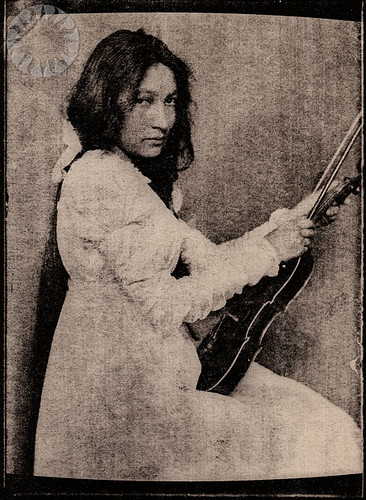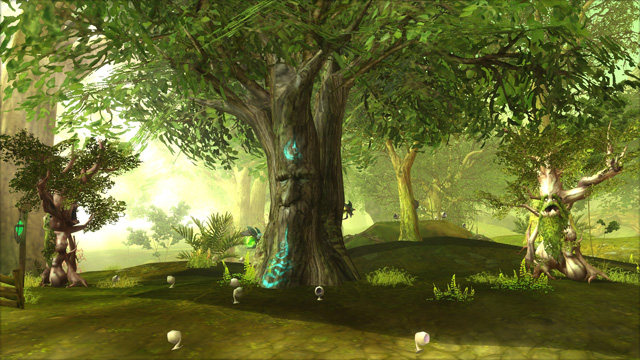English 48b
March 24, 2011
Journal: Zitkala Sa
“Perhaps my Indian nature is the moaning wind which stirs them now for their present record. But, however tempestuous this is within me, it comes out as the low voice of a curiously colored seashell, which is only for those ears that are bent with a compassion to hear it.” - Zitkala Sa
"From Columbus's arrival to America in 1492 up until today, Native Americans have been oppressed and cast down by white men."
Zitkala Sa is referencing the deep pain that is locked up within her. Her “Indian nature” tells her she must not keep such harsh feelings of anguish buried away. She can't keep her abusive childhood days at school a secret. These are things the world must know so they realize what hardship Native Americans faced when dealt with by unforgiving whites. If no one hears the schools strange methods from the perspective of someone who endured them then they will forever go down in history as being a very positive environment. The way our nation obscures its negative historical events suggests that these schools for Native American children would be remembered as doing their job and nothing more. We need people like Zitkala who have matured into adults and are still extremely able to recount their depressing memories. At the time I'm sure no one would take a Native American child's expressions of discontent with their school seriously. They would probably just think the child was ungrateful. When I read, “the low voice of a curiously colored seashell” I imagine an innocent little girl that has endured such maltreatment trying to portray her experience to an audience that speaks loudly and interrupts her. Someone that is emotionally scarred is going to tell their painful memories in a low, quiet voice. When she says “present record” she is referring to her writing down her past. “Moaning wind” is exactly how I would describe the sound you hear when you put your ear up to a seashell. Moaning is the sound someone makes when crying out in pain; she's using a seashell as a representation of herself.
Zitkala uses the word tempestuous because her experiences warrant memories that are very unsettling. It's like there is a tornado of recollections inside her just dying to break out, but it creates such pain for her to think about them. They must be listened to by someone who cares deeply about her emotions and well-being. I would assume that as Zitkala goes about her daily life troublesome thoughts of her childhood are always in the back of her head. She can't escape them so they will always be very disturbing to her. A “curiously colored seashell” would spark your interest in the same way a person that has a moving story to tell would spark your interest. A Native-American's account of their life being ruined by white people does not get much publicity. Therefore you must stumble upon it in the same way that you'd stumble upon an odd seashell.
"The Native American: A History Of Oppression." Welcome to Cyberlearning World by George Cassutto. Web. 25 Mar. 2011. <http://www.cyberlearning-world.com/nhhs/project/totears.htm>.
















